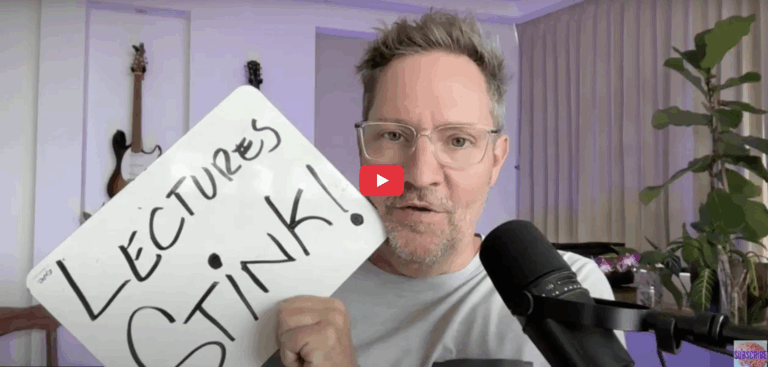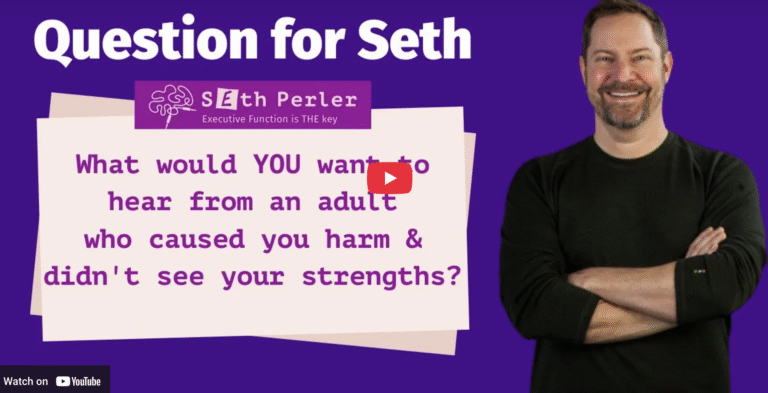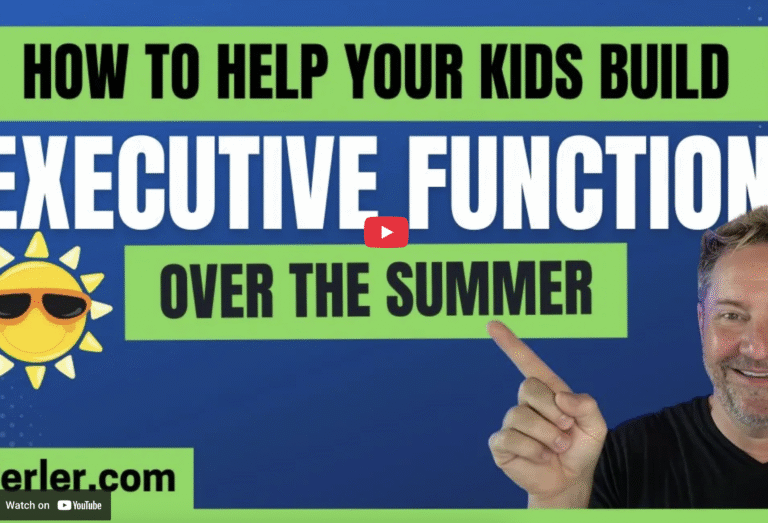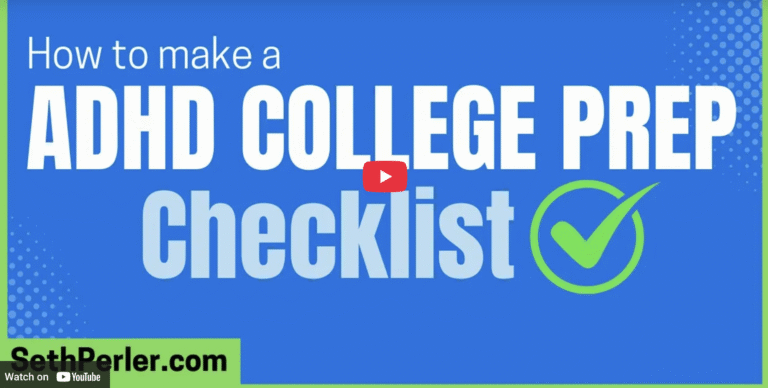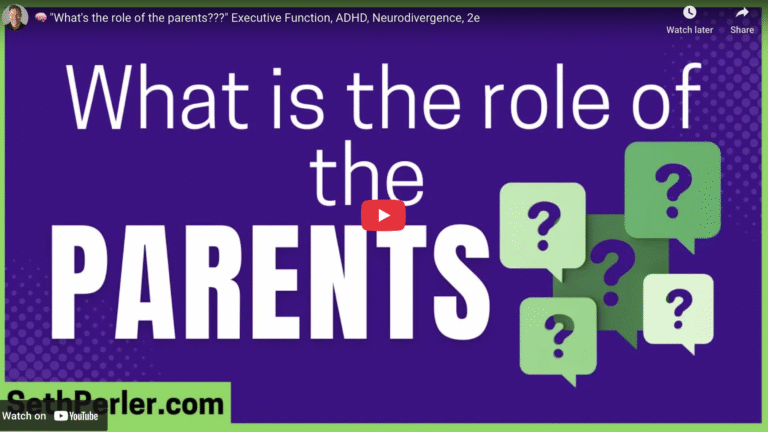4 B2S Executive Function tips
Please CLICK above to share. This vlog gives parents 4 concrete tips to help you help your child start the school year right. Love my work and want to give? Click here! To support me, please CLICK at the bottom to share. Click here to visit my official YouTube Channel


